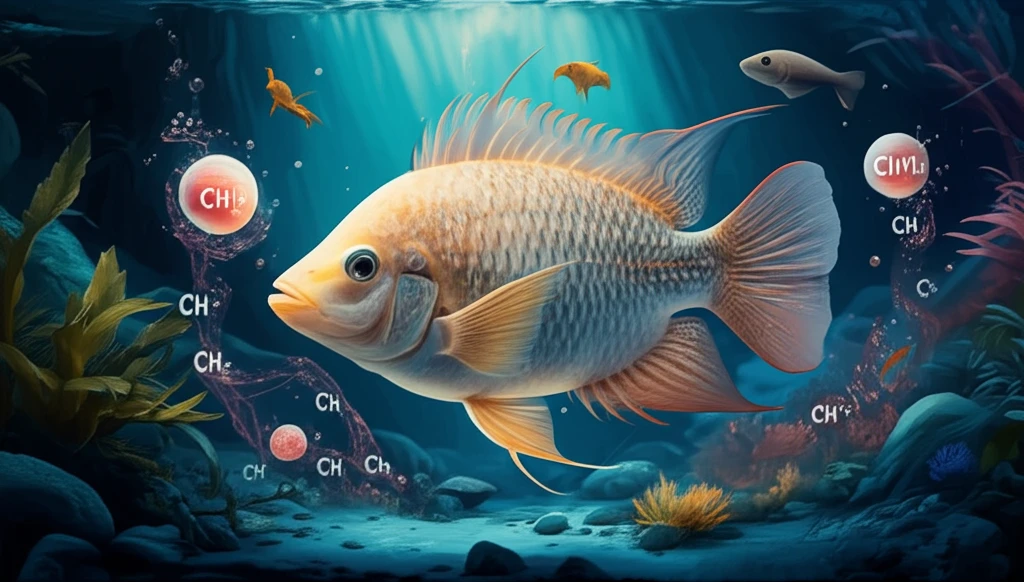
Unlock Nile Tilapia's Potential: How Methionine and Choline Boost Fish Health
"Optimize Nile Tilapia diets with methionine and choline for improved liver health and reduced fat, enhancing overall aquaculture success."
Nile tilapia (Oreochromis niloticus) has become a cornerstone of global aquaculture, prized for its rapid growth and adaptability. As demand for this fish continues to rise, optimizing their diets to ensure health and maximize production efficiency is more crucial than ever.
In the quest to enhance tilapia farming, researchers have been exploring the roles of essential nutrients like methionine and choline. These compounds are not just building blocks; they're key players in the metabolic processes that determine a fish's growth, health, and overall quality. Understanding how these nutrients influence tilapia can unlock new strategies for sustainable aquaculture.
This article delves into a study that investigates the impact of methionine and choline on Nile tilapia juveniles, focusing on growth performance and liver health. By understanding these findings, fish farmers and enthusiasts can gain valuable insights into optimizing tilapia diets for better outcomes.
The Impact of Methionine and Choline on Tilapia

A study was conducted to evaluate how methionine and choline affect the growth and liver health of Nile tilapia. Over 87 days, 160 Supreme strain tilapia, averaging 77±0.8 grams, were divided into 16 tanks and raised in a recirculating water system. The fish were fed four different diets, each with 33% crude protein and 3,000 kcal/kg of digestible energy.
- Methionine and choline didn't affect weight gain.
- Fillets had less fat with combined supplements.
- Lipid accumulation reduced in the liver.
- Choline aids hepatic lipid utilization.
Key Takeaways for Tilapia Farming
In conclusion, while supplementing Nile tilapia diets with methionine and choline doesn't necessarily boost growth, choline plays a vital role in maintaining liver health and reducing fat content in fillets. Fish farmers should consider these findings when formulating diets to ensure healthier fish and higher quality yields. Further research could explore the optimal levels of choline and methionine in different stages of tilapia growth.
